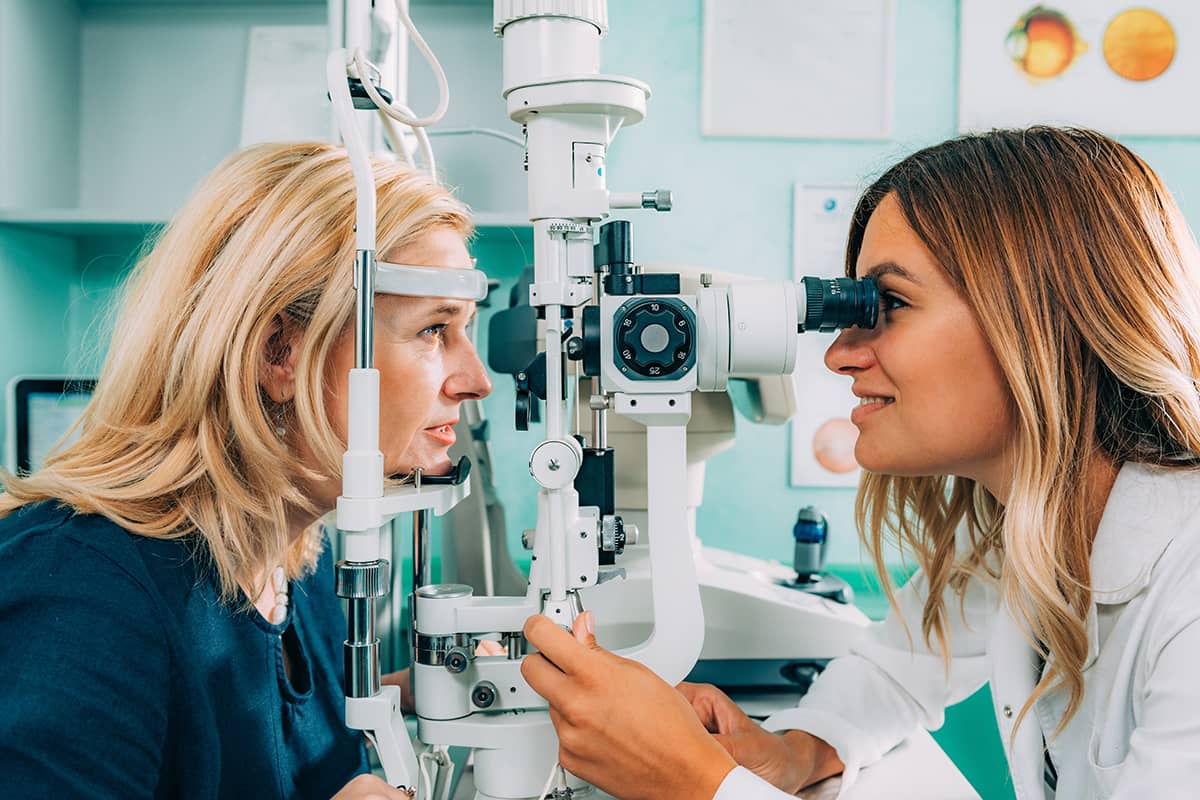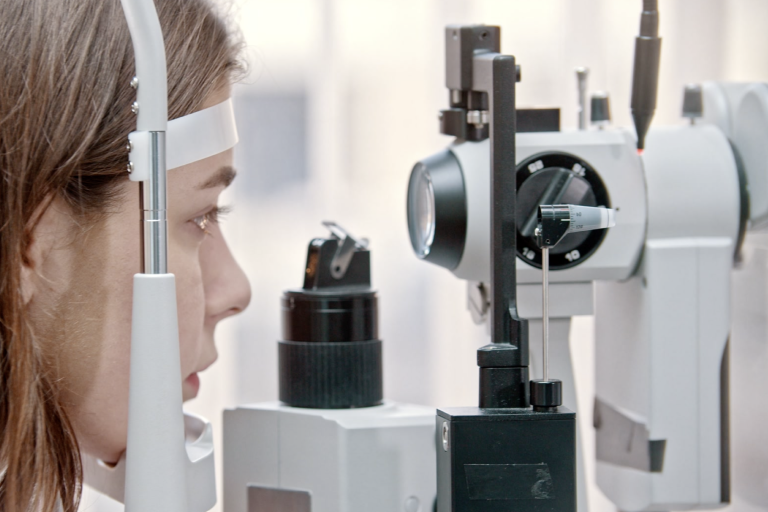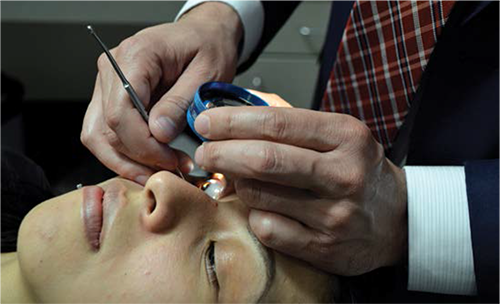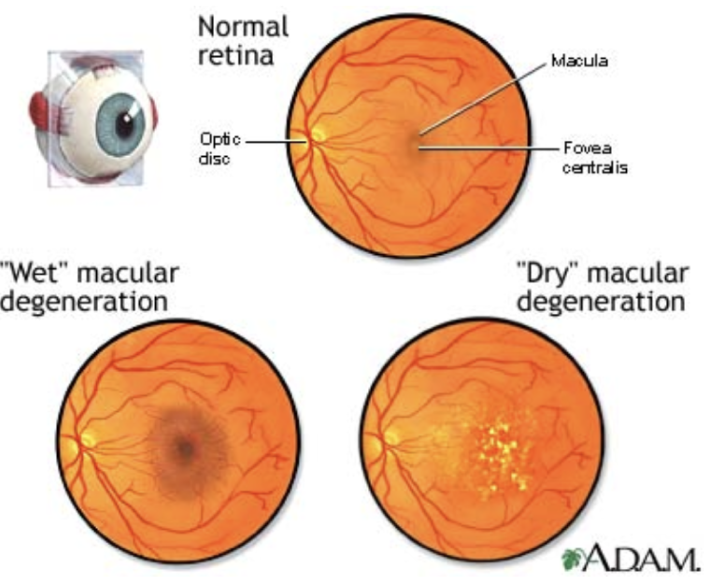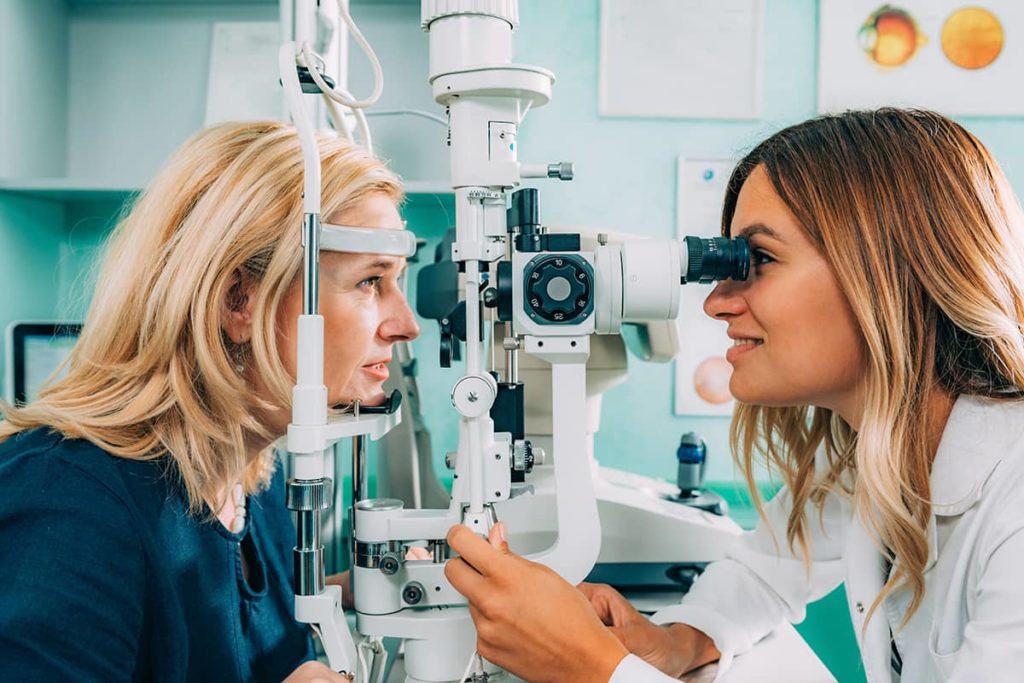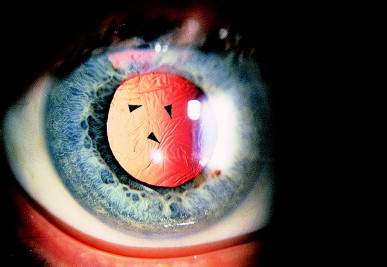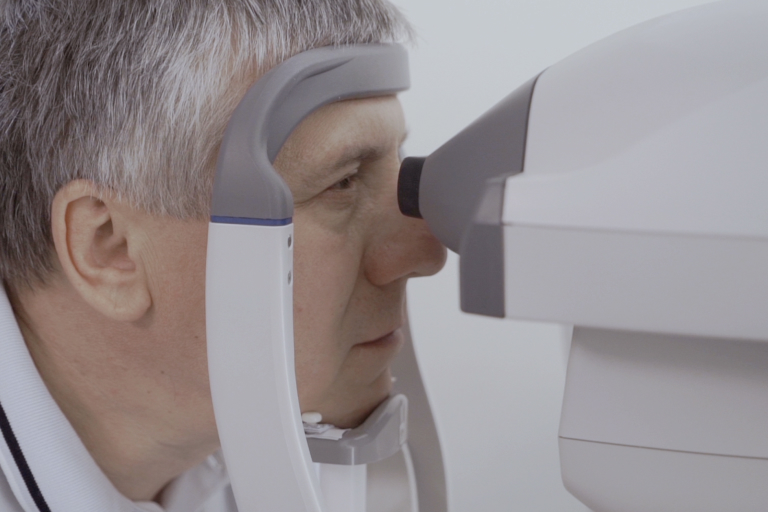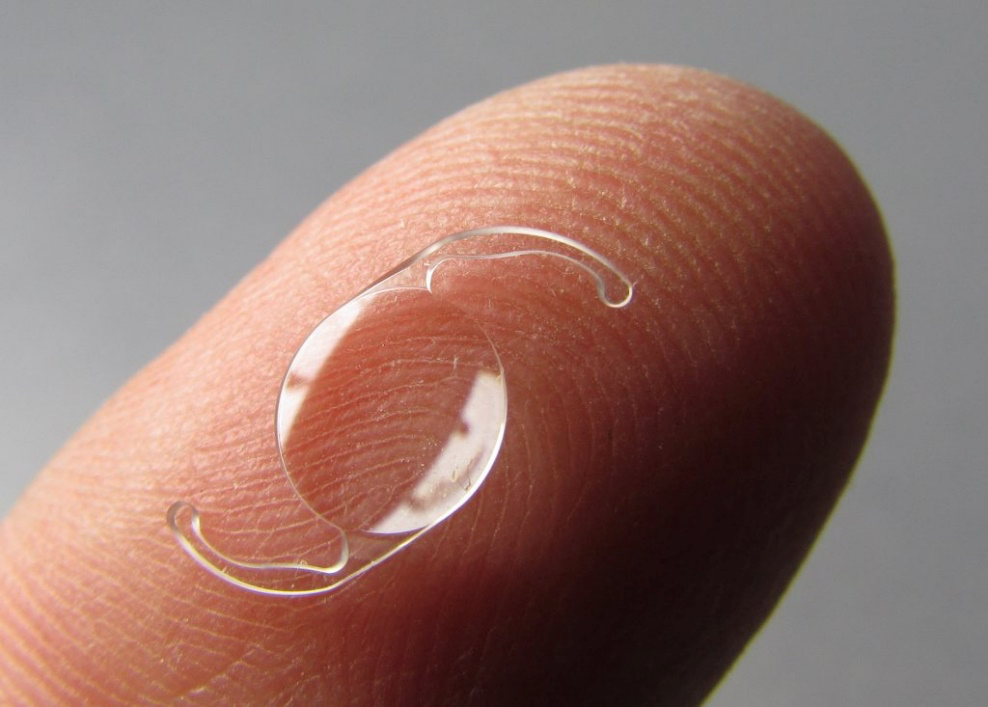The Importance of Dilating Your Eyes: Insights from Your Eye Doctor
Have you ever wondered why your eye doctor recommends dilating your eyes during certain appointments? Beyond the discomfort of temporary sensitivity to light and blurred vision, there are compelling reasons behind this practice. Let’s delve into why your eye doctor suggests dilating your eyes and the benefits it offers to your ocular health.
Seeing the Whole Picture
Your eyes are marvels of complexity, housing intricate structures vital for vision. However, many ocular issues originate deep within these structures, often escaping detection without a comprehensive examination. By dilating your pupils, your eye doctor gains an unobstructed view of the retina, optic nerve, and other critical components, enabling a thorough assessment of your eye health.
Early Detection of Silent Threats
Some eye conditions, like diabetic retinopathy, glaucoma, and macular degeneration, can develop silently, progressing stealthily until irreversible damage occurs. Dilated eye exams serve as a proactive tool for early detection, allowing your eye doctor to identify signs of these conditions in their nascent stages. Timely intervention, initiated based on findings from a dilated exam, can mitigate or even prevent vision loss, preserving your sight for the future.
While specialist cameras used to photograph the inside of the eye continue to improve, they still cannot perform to the level of a complete dilated eye exam. A photograph only provides a flat image of the retina as opposed to the three dimensional view available to your doctor at the slit lamp. It is also impossible to fully evaluate a cataract without first dilating the pupil.
Fine-Tuning Your Prescription
For those relying on corrective lenses, Dilating your eyes can help your provider to measure the best prescription for your glasses or contacts. This is especially true in children.
Insights into Overall Health
Beyond their role in vision, your eyes offer valuable insights into your overall health. During a dilated eye exam, your eye doctor may detect signs of systemic conditions such as diabetes, hypertension, and even certain cancers. By recognizing these ocular manifestations early on, you can seek appropriate medical care, potentially averting more significant health issues.
Conclusion
While the thought of dilating your eyes may initially seem inconvenient, understanding the rationale behind this practice underscores its importance in preserving your eye health and overall well-being. By providing your eye doctor with a comprehensive view of your eyes’ internal structures, dilated eye exams enable early detection of ocular issues, fine-tuning of prescriptions, and insights into your general health. So, the next time your eye doctor suggests dilating your eyes, embrace it as a proactive step towards maintaining clear vision and a healthier future.
At the Orchard Eye Center, we hope to provide you with the most thorough eye exam we possibly can. Please call us at 801-658-5486 to schedule an appointment.
